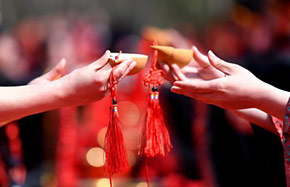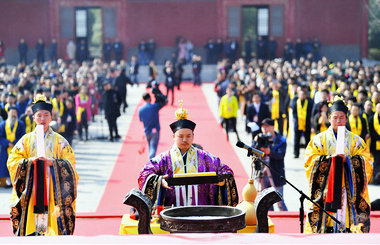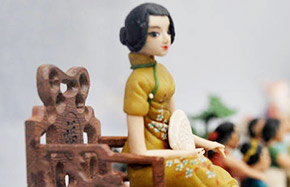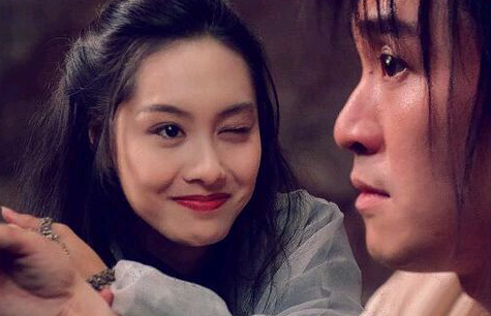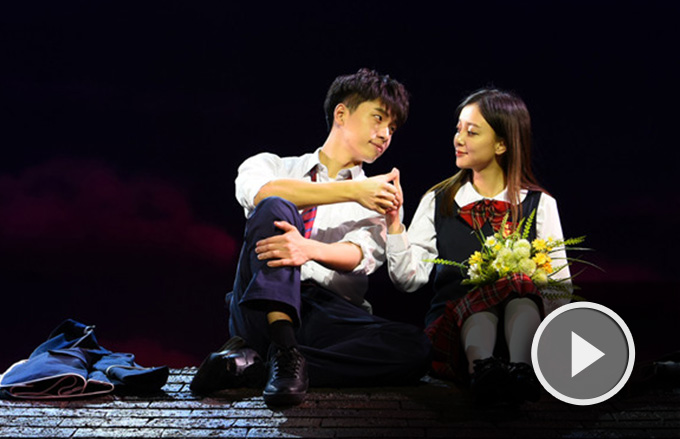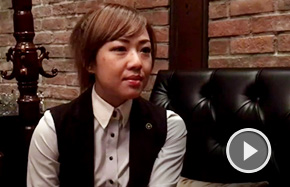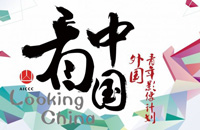Kunqu Opera's great survivor
 |
|
Yue Meiti (top), 72, plays a young male role in a Kunqu Opera performance. Provided to China Daily |
At age 72, Yue Meiti still takes to the stage to perform young male roles in an art form she has studied since she was a teenager. Zhang Kun reports in Shanghai.
At first glance Yue Meiti seems to be an ordinary middle-aged woman. She looks much younger than her 72 years, and people who meet her in the streets of Shanghai may simply address her as "auntie Yue".
But when she takes to the stage Yue becomes ancient China's version of Prince Charming: A young scholar in love with a nun who is exhilarated to discover she feels the same way about him; or a poor oil vendor using his life savings to meet a courtesan he loves and finally winning her love.
Yue is China's number one female performer of xiaosheng in Kunqu Opera. Xiaosheng refers to young male roles in the traditional theatrical art. She has won many awards over the decades, including China's top prize for traditional opera art, and has toured extensively at home and abroad.
On April 14, Gu Haohao, director of the Shanghai Kunqu Opera Troupe, told a gathering at the Ruyizhai club of Shanghai Institute of Language and Culture that Madame Yue is a national treasure. Yue illustrated, through singing and acting, the styles and aesthetics of Kunqu Opera.
Kunqu is the most graceful folk opera in China, with a history that stretches back 600 years. It was traditionally performed by an all-male cast, and the actors who played beautiful women were so admired and pursued from the late 1800s, that the opera was often mired in scandal. After 1949, China's new cultural administration demanded that men perform male roles and female roles be played by women, in order to "eradicate the corrupt social customs and change the twisted aesthetics in the entertainment scene".
Yue studied Kunqu in the early 1950s. It was by accident that the school's president and maestro Kunqu artist Yu Zhenfei (1902-93) discovered Yue was suited to playing young male roles.
Yue was 16, and at first she didn't like the idea of playing male roles. Maestro Yu praised her talent and advantages and told inspiring stories of successful women opera singers. Finally he promised to "take full responsibility" for her transfer to male roles.
Yue's voice is mellower than most male singers', and deeper and broader than most women's, making her naturally suited to singing young men's roles.
"Her acting is characterized by elegance and a scholarly touch, which makes her roles more convincing and vivid," says Gu, the director.
"I observe closely and think hard about acting," Yue says of performing male roles. Men have natural masculinity to their advantage, but might not have the fine craftsmanship she has acquired through years of practice.
|
|
|
| Beijing opera makes London debut | Art for the ages |








